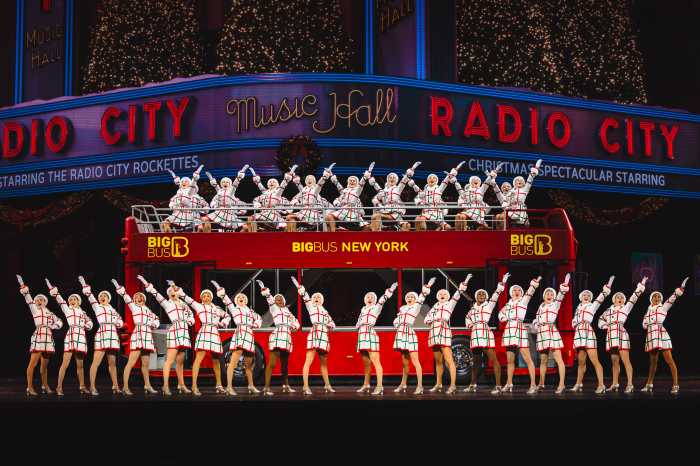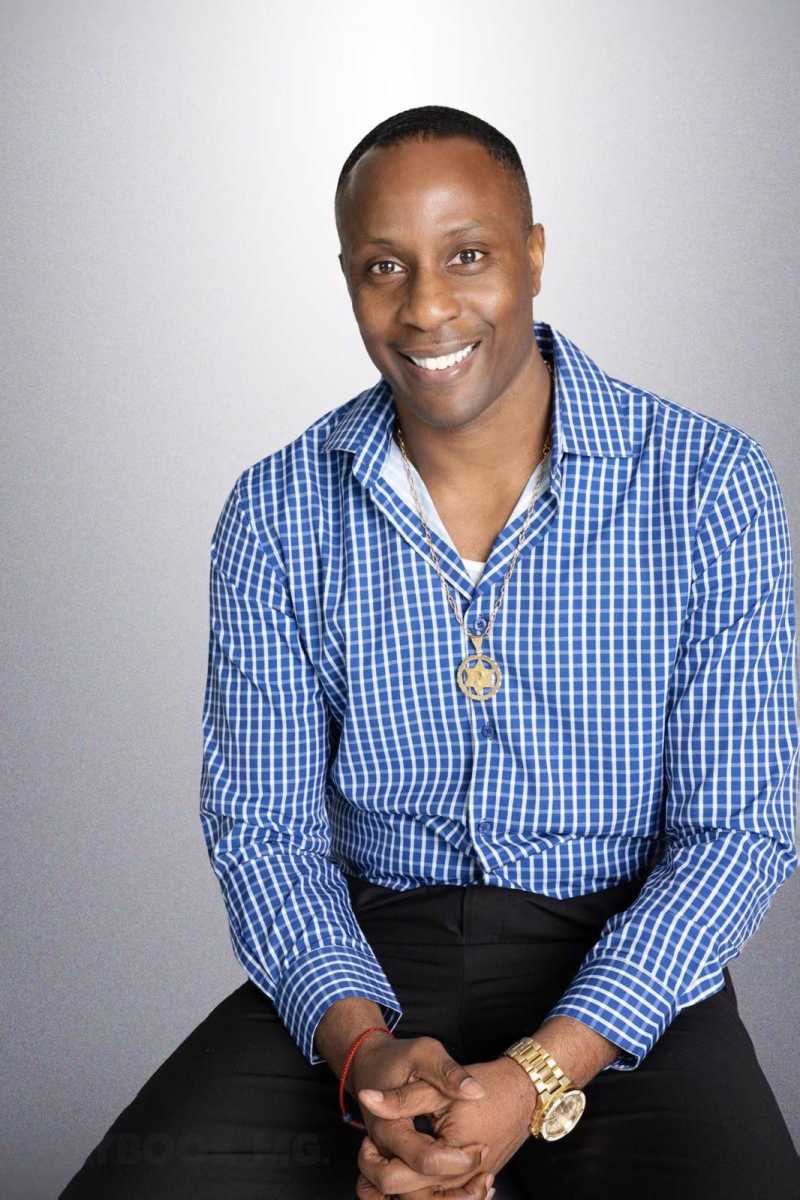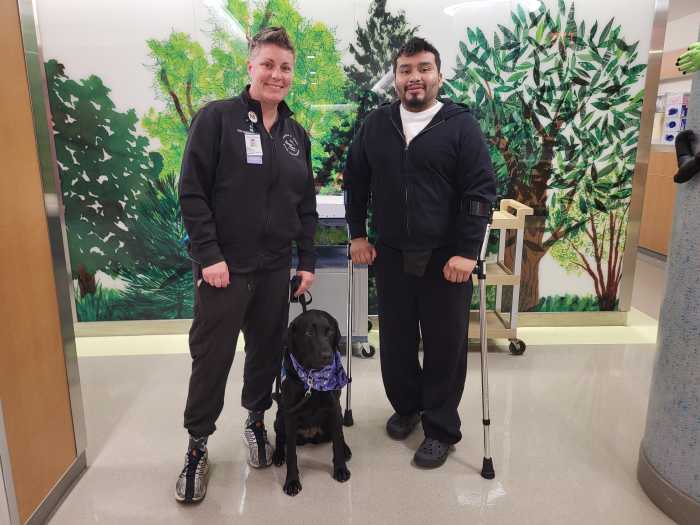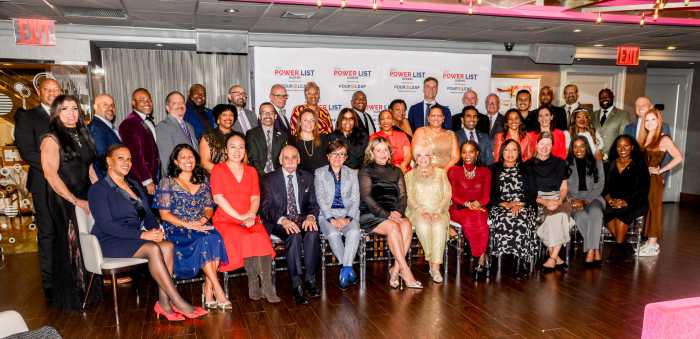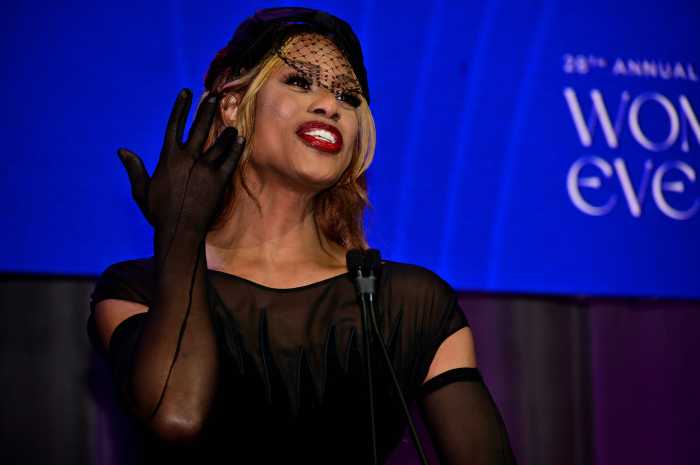With “American Pastoral,” Ewan McGregor joins the ranks of movie stars-turned-directors, making his debut behind the camera with a challenging adaptation of Philip Roth’s Pulitzer Prize winning 1997 novel.
Like much of Roth’s work, the story centers around a clash between Jewish and Anglo-Saxon society in mid-20th century New Jersey, as personified in onetime Newark high school sports legend Seymour “Swede” Levov’s (McGregor) struggles to control his radicalized daughter Merry (Dakota Fanning) in the cultural tinderbox that was the late 1960s.
amNewYork spoke with McGregor about the movie, which hits theaters Friday.
This isn’t the easiest material to make this sort of career transition behind.
Well, I always trusted very much the adaptation that John Romano had written. I thought it was a very fine script. I knew and got to know the script before I read the novel. … I think he pulls the central story out of the novel really beautifully and then my job, I suppose, was to have the film feel and reflect Philip Roth’s sensibilities.
There’s a lot going on in this story, above and below the surface. What’s the key to streamlining it?
In the story, it’s all there. In the story of the Swede and his wife Dawn. We cover some of the bases he covers — the fact that he marries out of his religion, the fact that he leaves his religion behind in a way when he moves out to white, Republican, American pastoral lands. … My feeling about the novel is that Roth presents lots of ideas and he doesn’t give us an answer or any guidelines as to which line of exploration to follow. He offers lots of ideas up.
Do you think your perspective on this period of U.S. history is affected or informed by the fact that you are from Scotland?
I really don’t think so. I wasn’t alive then, and a lot of people weren’t alive then and can still have an idea about it. I just think our nationality doesn’t really confine us like that. Probably five percent of the characters I’ve played have been from Scotland. That’s what you do as a crazy person [who acts for a living] — use your experience and imagination and your knowledge to create work.
How did directing yourself affect your impressions of your acting?
It’s funny, it’s interesting. It wasn’t sort of an issue, funnily enough. I was totally able to see my own performance like everyone else’s. I wasn’t more precious with it; I don’t think so anyway.
So, will we see a return of Obi-Wan Kenobi?
I don’t know. I’d be very happy to do it. I’ve said that. I’ve answered the question so much to the point where it looks like I’m touting Disney for work. I’d really like to. I think it would be fun. I always thought there’d be a movie between the last one I did and the Alec Guiness one.



